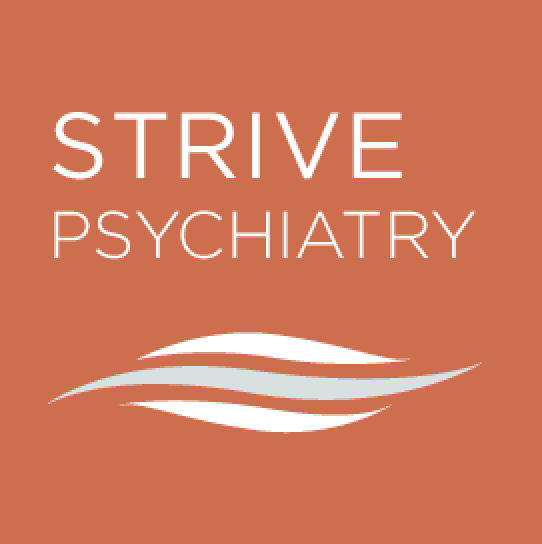Autism Spectrum Disorder (ASD) is an umbrella term for a group of developmental disorders that involve communication and behavior. Symptoms of ASD vary dramatically from person to person, making early diagnosis crucial for treatment. The term “Spectrum” refers to the many ways this condition manifests, with symptoms ranging from mild to severe. Many individuals with ASD experience happy, healthy lives with little intervention, while others may need clinical help to manage more acute symptoms.
Though the exact cause of ASD is unknown, evidence suggests that genetics and environmental factors play a key role. Autism is a life-long disorder, but with proper treatment and care, those with ASD can live with reduced symptoms and improved cognitive ability.
Each person with ASD is unique. A Psychological Evaluation can help reveal the skills, needs, and learning styles of an individual with Autism Spectrum Disorder on a personal level. Click here to learn more!
